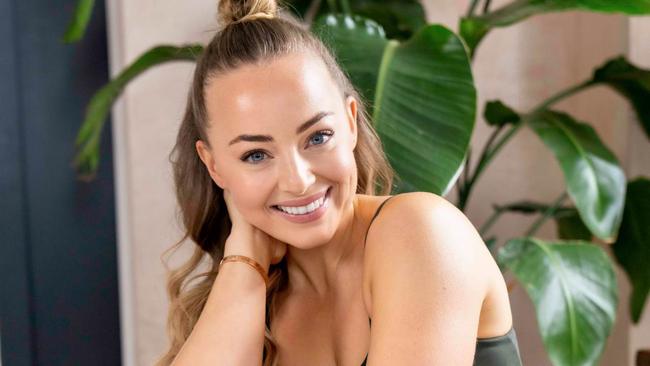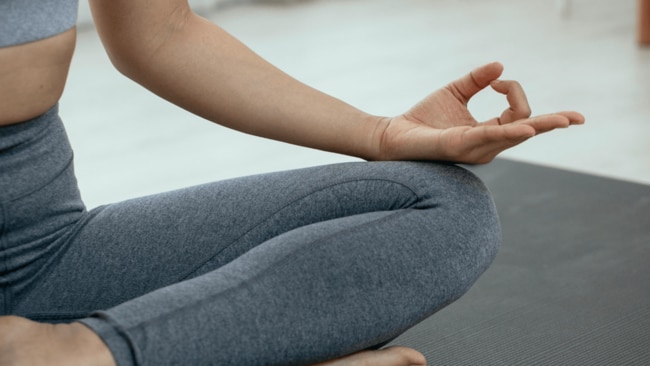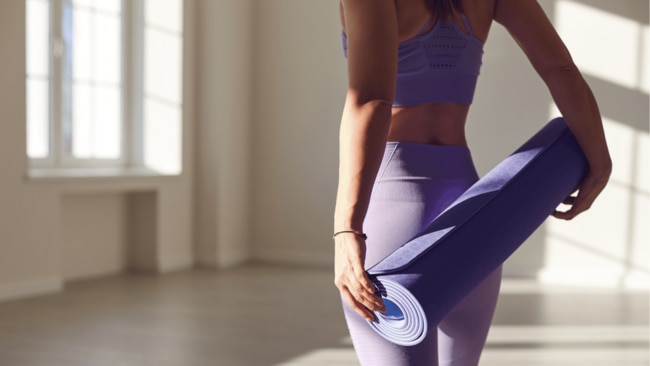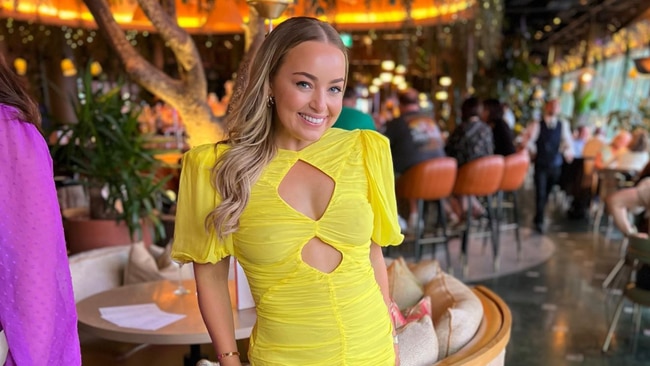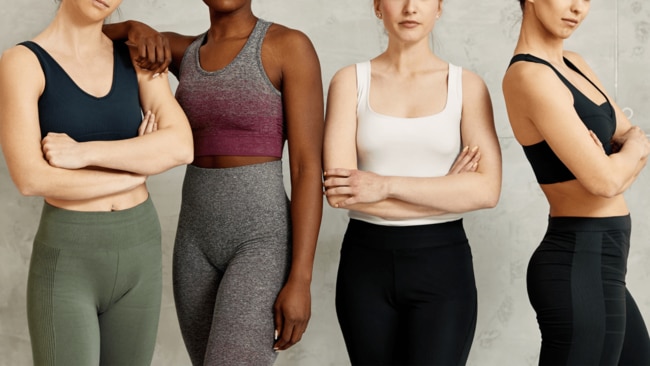
She became famous for her ‘clean’ diet and hardcore workouts, but behind the scenes Alice Liveing was dangerously underweight. “I hold my hands up – I was wrong,” she says, as a growing group of women – and health experts – reject toxic diet culture.
Alice Liveing will never forget the day she selected an old favourite dress to wear to an event. “It was short, navy blue, with feathers round the bottom. I’d worn it to my first film premiere and remember feeling amazing in it,” she says. “But this time it wouldn’t go over my bum. It was a very conflicting moment: ‘Oh, I didn’t realise I’d changed that much.’ I had to grieve the body I was losing and that had been put on a pedestal, but also realise how much happier I was now.”
Liveing’s complex range of emotions were understandable. A decade ago, Clean Eating Alice, to use her Instagram handle at the time, was one of the UK’s biggest ‘fit-fluencers’, forever flaunting her minuscule, muscular frame to her 700,000-odd followers, yet never hinting at the toll maintaining that physique was taking on her physical and mental health. “My skin looked terrible, my hair was falling out, I was sleeping poorly, always in a bad mood, had low energy levels, poor cognitive function,” she says. “But for so long I was oblivious to what I was doing to myself – or rather, I didn’t want to believe it.”

